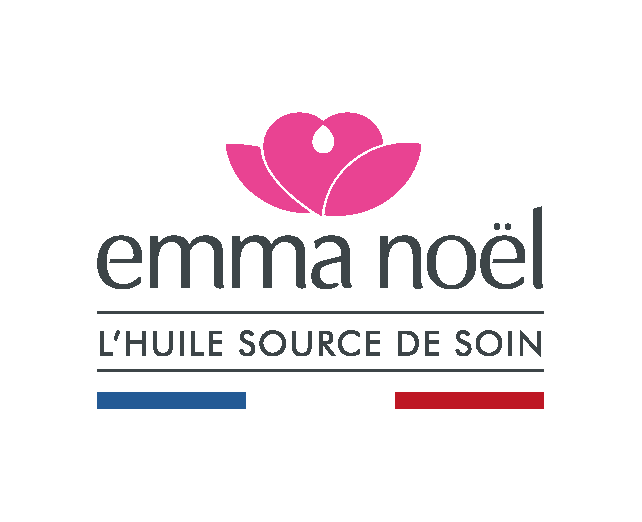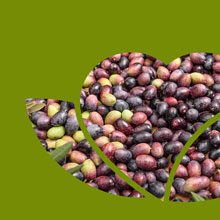Without palm oil
- Soaps are made from vegetable oils by a process called saponification. heating the oil to obtain two fractions: (mashing): fatty acids and glycerin
- elimination of glycerine waters: spinning
- addition of caustic soda to fatty acids and heating for 4 to 5 hours (cooking)
- washing with water to remove traces of soda: salting out
- wash with water to remove salt
- addition of water to the soap to make it fluid, the master soap maker judges with the spatula the final moment when the dough has become neutral (neither acid nor basic)
- decanting the soap 24 to 36 hours
- kneading the dough
- rest the dough so that it hardens
- cutting soaps
- steaming to crust the sides which will be stamped
Throughout this production, the know-how of the master soap maker is essential.
From one batch to another the color may vary slightly. The master soap maker works by hand and operates on noble, living materials subject to sensitive variations in color.

ACTION
Main assets:
Olive-pomace oil 70%, coconut oil 30%.
Or on the finished product about 76% fatty acids.

APPLICATION
Very often recommended, Marseille soap is 100% natural and biodegradable.
It can be used for personal hygiene or for washing clothes (glitter).
This product is formulated with olive-pomace oil and coconut oil which gives it its consistency, firmness and allows the soap to foam.
Olive oil will give the soap its color, smoothness and softness.

TO KNOW MORE
Sodium olivate, Sodium cocoate, Aqua (water), Sodium chloride, Sodium hydroxide, Glycerin
Cellophane wrapped 300g cube soap
Find the list of retail outlets for our products *:
* It is not guaranteed that all our products are sold to each of the resellers.

